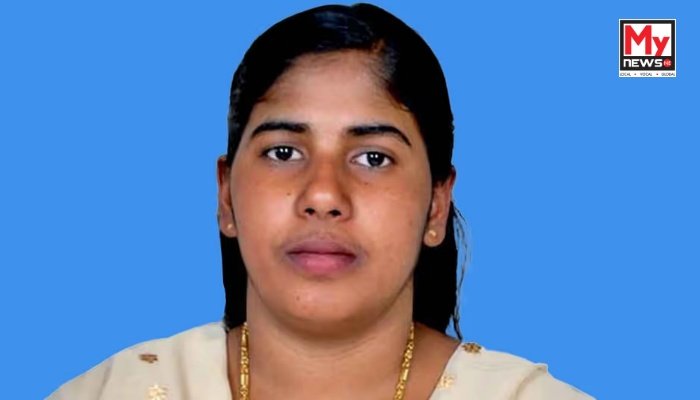Centre Tells Supreme Court It Has Done ‘Utmost Possible’ to Save Indian Nurse Facing Execution in Yemen
National: With just days left before Indian nurse Nimisha Priya is scheduled to be executed in Yemen, the Government of India informed the Supreme Court on July 14 that it has done all it possibly can to intervene in the case. Priya, convicted of murdering a Yemeni national in 2017, is reportedly set to be hanged on July 16.
Appearing before a bench of Justices Vikram Nath and Sandeep Mehta, Attorney General R Venkataramani stated that India has reached the limit of what is diplomatically and legally feasible, given the complexities of the situation. “There is a point up to which the Government of India can go, and we have reached that point,” said the top law officer, citing the political sensitivity and internal conditions in Yemen.
The court appearance came in response to petitions from Priya’s family and rights organisations urging the Centre to intensify diplomatic efforts. Public calls have grown louder in recent weeks, with civil society groups and political leaders demanding urgent intervention to prevent her execution.
Nimisha Priya, a nurse from Kerala, was convicted by a Yemeni court for the gruesome murder of her business partner, Talal Abdo Mehdi, in July 2017. Court documents allege that Priya, with the help of another nurse, drugged and killed Mehdi, later dismembering his body and disposing of the parts in an underground tank. The case drew global attention due to its brutality and the challenges of navigating legal assistance in a conflict-ridden country with no formal Indian diplomatic presence.
Officials have acknowledged the difficulty of negotiating with Yemen, where the absence of a functioning central government and the ongoing civil war have severely restricted traditional diplomatic channels. Sources indicated that despite multiple behind-the-scenes efforts, the severity of the crime and Yemen’s strict application of Shariah law have made it nearly impossible to secure relief.
With the execution looming, advocacy groups have also appealed to the Indian government to explore the possibility of paying blood money — a provision under Islamic law that allows for the victim’s family to pardon the convict in exchange for financial compensation. However, there has been no official confirmation that such a negotiation is underway or viable in Priya’s case.
The Supreme Court has taken note of the matter, but with the Attorney General confirming that diplomatic options are nearly exhausted, the window for any last-minute reprieve appears rapidly closing.

